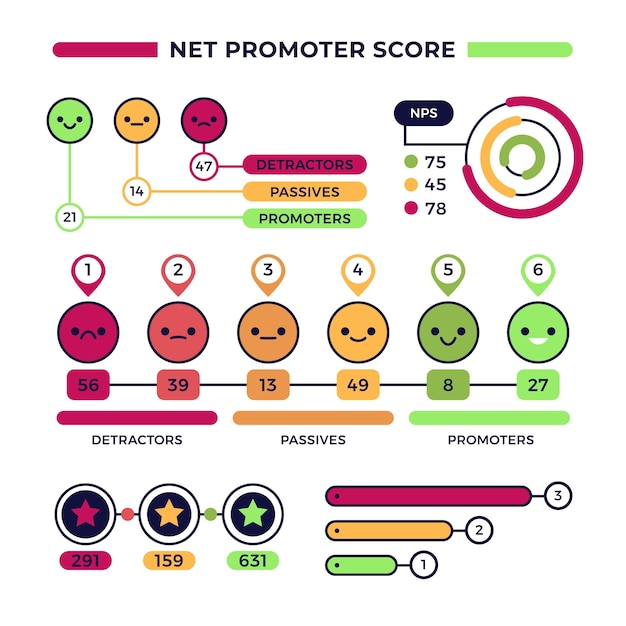
Reported speech is an essential aspect of communication. It allows us to convey what someone else has said in a clear and accurate manner. Whether we are reporting statements, questions, or imperatives, it is crucial to understand the rules and techniques associated with reported speech to ensure effective communication. In this article, we will discuss the fundamentals of reported speech and provide examples to facilitate your learning.
## Understanding Reported Speech
Reported speech, also known as indirect speech, is used when we want to report or relay what someone else has said, without quoting them directly. It requires a shift in verb tenses, pronouns, and word order to reflect the change from direct speech (quoting the speaker’s exact words) to indirect speech (paraphrasing or summarizing the speaker’s words).
Let’s take a closer look at how each type of speech is transformed in reported speech:
### Reporting Statements
When reporting statements, we usually change the verb tenses and use reporting verbs such as “said,” “told,” or “explained.” Additionally, we need to adjust the pronouns and adverbials of time and place. The following table illustrates the transformation of direct statements into reported speech:
| Direct Statement | Reported Statement |
|——————|——————–|
| “I love reading.” | He said he loved reading. |
| “She is going to the store.” | He told me she was going to the store. |
| “They have finished their work.” | She explained that they had finished their work. |
### Reporting Questions
When reporting questions, we need to use reporting verbs such as “asked,” “inquired,” or “wondered.” We also need to change the word order and use the appropriate question type. The table below demonstrates the conversion of direct questions into reported speech:
| Direct Question | Reported Question |
|—————–|——————-|
| “Where are you going?” | He asked where I was going. |
| “Did you finish your homework?” | She inquired if I had finished my homework. |
| “Have they seen the movie?” | They wondered if they had seen the movie. |
### Reporting Imperatives
Imperatives are direct commands or requests. When reporting imperatives, we use reporting verbs such as “requested,” “ordered,” or “asked.” The key is to convert the imperative into a statement or a question. The following table presents the conversion of direct imperatives into reported speech:
| Direct Imperative | Reported Imperative |
|——————-|———————|
| “Close the door.” | She asked me to close the door. |
| “Please be quiet.” | He requested that we be quiet. |
| “Don’t touch that!” | They ordered us not to touch that. |
## Practice Exercises
Now that we have explored the rules of reported speech, let’s put our knowledge into practice. Complete the following exercises by converting the direct speech into reported speech. The answers will be revealed at the end of the article.
1. Direct Statement: “I saw him at the party.”
2. Direct Question: “Did she call you yesterday?”
3. Direct Imperative: “Open the window, please.”
Take your time to complete the exercises. Once you’re ready, you can check your answers below.
## Exercise Answers
1. Reported Statement: He said he had seen him at the party.
2. Reported Question: She asked if you had called her yesterday.
3. Reported Imperative: She requested that the window be opened, please.
By practicing reported speech, you can enhance your communication skills and ensure accurate transmission of information. Remember to pay attention to verb tenses, pronouns, and word order when transforming direct speech into reported speech. With time and practice, reporting statements, questions, and imperatives will become second nature to you.
In conclusion, reported speech is a valuable tool for conveying what others have said. By mastering the techniques and rules associated with reported speech, you can effectively relay information and engage in meaningful conversations. Keep practicing and refining your reported speech skills to become a proficient communicator.
Now that you have a solid understanding of reported speech, why not try incorporating it into your everyday conversations? Start by paying attention to how others speak and practice reporting their statements, questions, and imperatives in your own words. With dedication and practice, you will become a master of reported speech!





